Alice Adams
Book Excerpt
In spite of noises without, he drowsed again, not knowing that he did; and when he opened his eyes the nurse was just rising from her cot. He took no pleasure in the sight, it may be said. She exhibited to him a face mismodelled by sleep, and set like a clay face left on its cheek in a hot and dry studio. She was still only in part awake, however, and by the time she had extinguished the night-light and given her patient his tonic, she had recovered enough plasticity. "Well, isn't that grand! We've had another good night," she said as she departed to dress in the bathroom.
"Yes, you had another!" he retorted, though not until after she had closed the door.
Presently he heard his daughter moving about in her room across the narrow hall, and so knew that she had risen. He
Editor's choice
(view all)Popular books in Humor, Fiction and Literature
Readers reviews
- Upvote (0)
- Downvote (0)
Tarkington was very much a product of his time, and his language reflects this. Translation: the novel contains racist terms and characterizations which, interestingly enough, only serve to reinforce its original premise: the ugliness of the “class system” of early 20th century America, and the utter futility of one outsider’s struggle to bluff her way into its upper stratum. Blind to her own prejudices, the heroine is painfully sensitive to the treatment she receives as an outsider; contrast this with her brother, far more egalitarian in his associations, yet so discouraged by hisown clear-sightedness that he makes a classic error. The African-Americans in the story provide a resonant counterpoint: despite the “minstrelization” of their characters, they have the collective effect of a Greek chorus, which I believe was the author’s intention, though I am not one of those who claim he did not himself buy into the bigotries he depicted. Put another way, Yes: Tarkington did in fact intend these characters to be “clownish”; to have the effect (collectively) without the eerie dignity (individually or otherwise) of the classical Greek chorus.
Time, in my opinion, has had the last laugh.
My advice: hold your nose (over spots) and read it anyway. If you haven’t seen the 1935 Hollywood (-ending) version with Katherine Hepburn – don’t bother (misses the point).
Now, if Spike Lee wanted to take a shot at it…
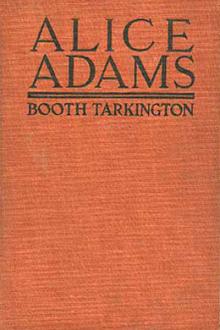
 Free Download
Free Download






















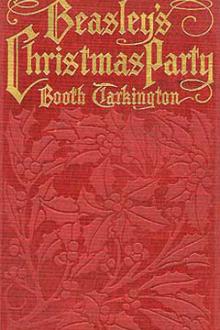
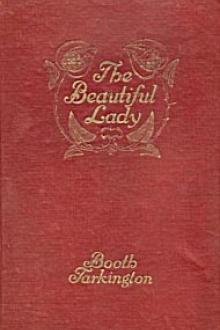
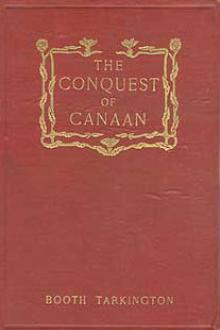
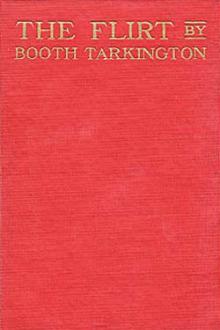
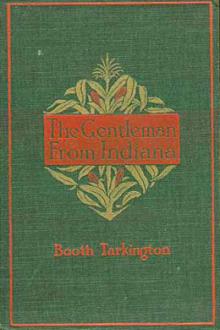
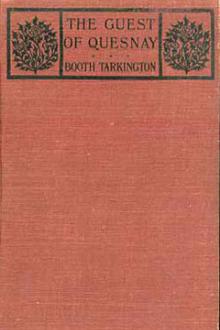
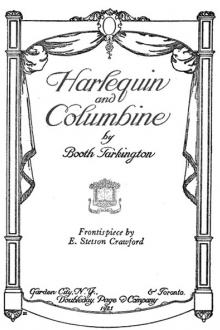
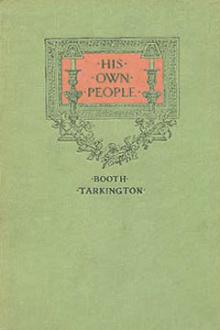
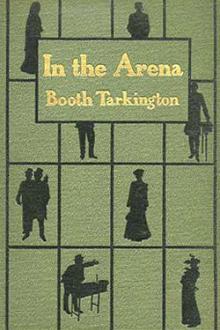
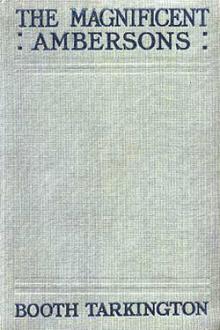
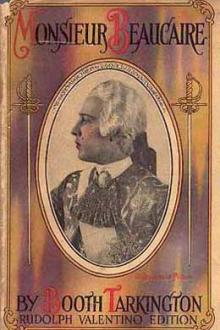
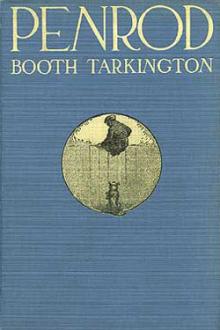
-itok=vcKIB5v1.jpg)